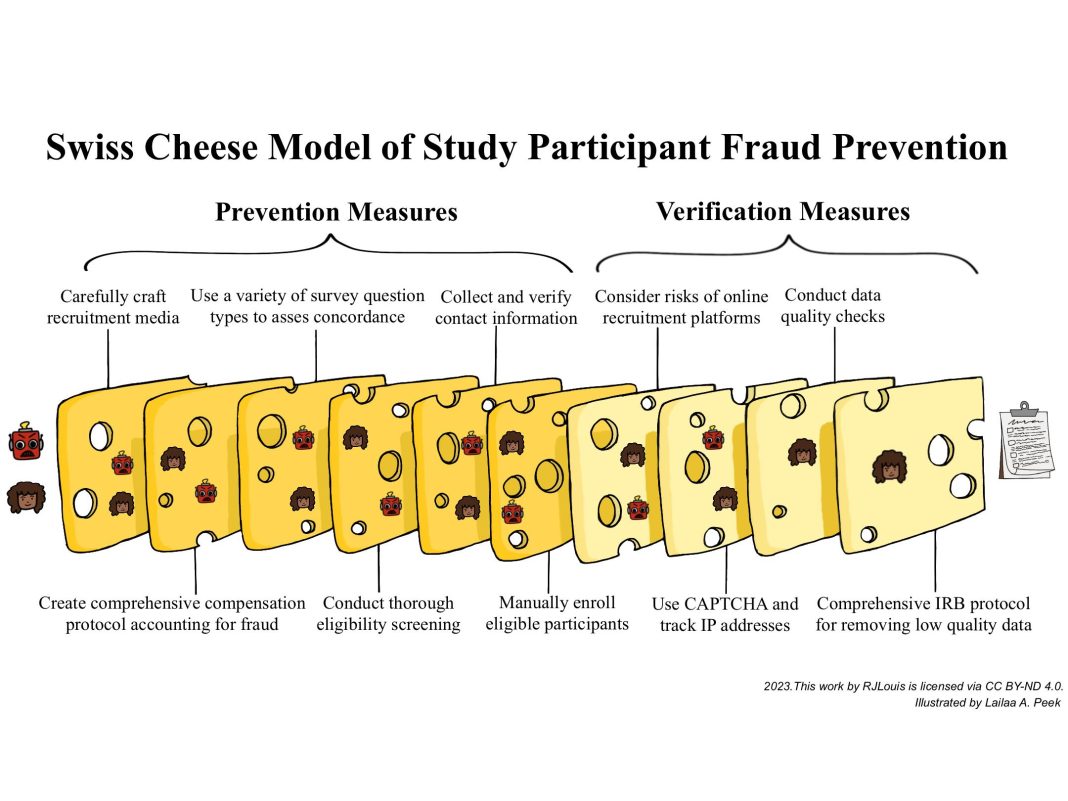In the bustling marketplace of today’s digital age, where every transaction can be completed with the click of a button, the specter of fraud looms larger than ever. Imagine your business as a fortress, built with the hard work and dedication of countless hours, yet vulnerable to invisible adversaries lurking in the shadows. As commerce evolves, so too do the cunning tactics of those who seek to exploit its vulnerabilities. This is not merely a game of cat and mouse; it is a high-stakes battle that can determine the very survival of your enterprise. Fraud prevention is not just a line item on a budget or a checkbox on a compliance list—it is the very shield that guards your business’s integrity, reputation, and bottom line. In this article, we delve into the compelling reasons why making fraud prevention a priority is not just prudent, but essential, for safeguarding the future of your business.
Understanding the True Cost of Fraud to Your Business
Fraud is more than just an unexpected expense; it’s a multifaceted threat that can ripple through every aspect of your business. While the immediate financial loss is evident, the hidden costs are often underestimated. Loss of trust from customers, damage to your brand’s reputation, and the potential for legal repercussions are just a few of the cascading effects. When fraud strikes, it doesn’t just hit your balance sheet; it undermines your company’s credibility and can lead to long-term financial instability.
Consider the operational disruptions caused by fraud. Investigating fraudulent activities diverts valuable resources and attention away from core business functions. This not only affects productivity but also increases operational costs as you may need to invest in additional security measures and staff training. Moreover, the emotional toll on employees who have to deal with the aftermath can lead to decreased morale and increased turnover. The true cost of fraud is an intricate web of financial, operational, and reputational damages that can severely impact your business’s growth and sustainability.

Harnessing Advanced Technologies to Safeguard Your Assets
In today’s rapidly evolving digital landscape, the integration of cutting-edge technologies is not just an option but a necessity for businesses aiming to protect their assets from fraudulent activities. Leveraging artificial intelligence and machine learning can significantly enhance your fraud detection capabilities. These technologies enable real-time analysis of vast amounts of data, identifying suspicious patterns and anomalies that human eyes might miss. By implementing such systems, businesses can proactively prevent fraudulent transactions, safeguarding their financial health and reputation.
- AI-Powered Analytics: Utilize AI to analyze transaction data and detect irregularities swiftly.
- Blockchain Security: Adopt blockchain technology for secure and transparent record-keeping.
- Biometric Verification: Implement biometric systems to ensure secure and authenticated access.
Furthermore, the use of cloud-based solutions offers scalable and flexible security measures that can adapt to the changing threat landscape. By investing in these advanced technologies, businesses not only protect their assets but also build trust with their customers, demonstrating a commitment to security and integrity.

Building a Culture of Vigilance and Integrity
Establishing a robust framework where vigilance and integrity are at the forefront is crucial for safeguarding your business against fraud. This involves cultivating an environment where employees are encouraged to be observant and proactive. Encourage open communication channels and empower your team to report suspicious activities without fear of retaliation. By doing so, you not only protect your assets but also build a resilient organizational culture.
- Training and Awareness: Regular training sessions can help employees recognize potential fraud risks and understand the importance of ethical behavior.
- Transparent Policies: Clearly defined policies regarding ethical practices and fraud prevention should be accessible to all employees.
- Leadership Commitment: When leaders exemplify integrity, it sets a standard for the entire organization to follow.
Embedding these practices into the core of your business operations ensures that vigilance and integrity become second nature, ultimately leading to a more secure and trustworthy enterprise.
Implementing Robust Policies for Proactive Fraud Detection
In today’s digital landscape, the stakes are higher than ever when it comes to safeguarding your business against fraud. Implementing robust policies is not just a defensive measure; it’s a proactive strategy that can save your company from significant financial and reputational damage. A comprehensive fraud detection policy should encompass a variety of elements designed to anticipate and mitigate risks before they escalate. Consider incorporating the following key components into your strategy:
- Advanced Analytics: Leverage data analytics to identify unusual patterns and anomalies in real-time, enabling swift action against potential threats.
- Employee Training: Regularly educate your team on the latest fraud tactics and the importance of vigilance, fostering a culture of awareness and responsibility.
- Multi-layered Security: Implement a combination of firewalls, encryption, and access controls to create a formidable barrier against unauthorized access.
- Regular Audits: Conduct frequent audits to ensure compliance with established protocols and to identify any vulnerabilities that need addressing.
By integrating these elements into your fraud prevention framework, your business not only enhances its security posture but also demonstrates a commitment to ethical practices and customer trust. Remember, in the realm of fraud prevention, being proactive is not just an option—it’s a necessity.





